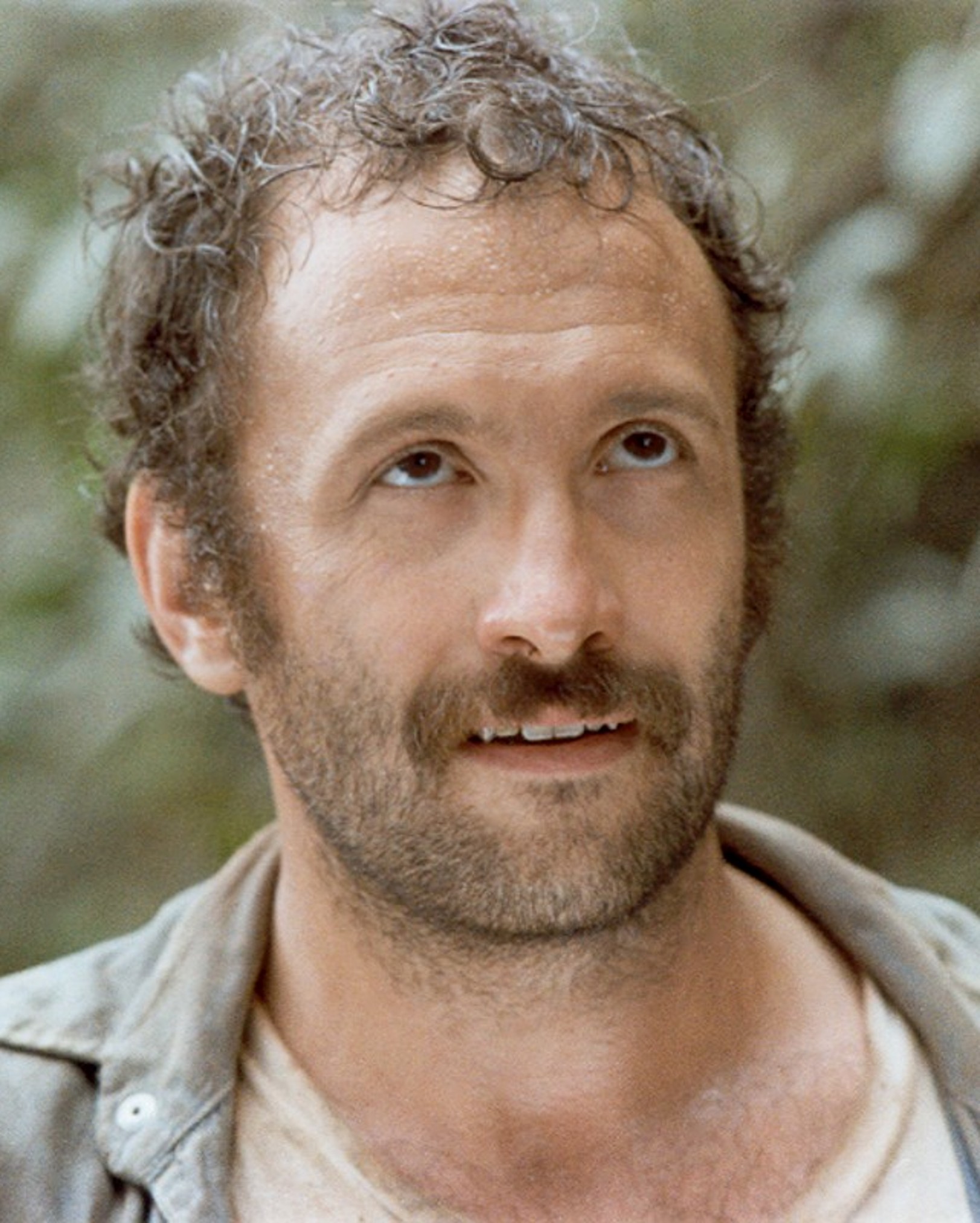The names we carry, honestly, they often hold a lot of weight, don't they? A name can bring to mind famous figures, perhaps a bit of history, or even just a feeling. It's truly fascinating how a simple combination of letters can spark curiosity, prompting us to look deeper into who someone might be or what they represent. Today, we're going to explore a name that has been on many minds: Robert Lee Parton.
You know, when you hear a name like Robert Lee Parton, it naturally makes you wonder about the person behind it. What have they done? What are their interests? Where do they fit into the bigger picture of things? We've taken a close look at some recent information, a collection of insights, to see what it might reveal about this particular individual, or perhaps, about the name 'Robert' itself.
Interestingly, while the specific name Robert Lee Parton doesn't appear directly in our reference material, the data does, as a matter of fact, offer a really rich tapestry of other notable 'Roberts.' This gives us a chance to think about the many ways the name 'Robert' shows up in different areas of life, from business to the arts, and even historical moments. It's a bit like looking for one star and finding a whole constellation, you know?
Table of Contents
- Understanding the Name Robert: A Look at "My Text"
- The Search for Robert Lee Parton: What We Learn
- Diverse Roles of "Robert" in Our World
- The Significance of Names and Identity
- Biography and Personal Details: Robert Lee Parton
- Frequently Asked Questions (FAQ)
- Conclusion
Understanding the Name Robert: A Look at "My Text"
Our provided text, you see, offers a rather interesting collection of snippets, each touching on different individuals named Robert. It's quite striking, actually, how varied these mentions are. From discussions about a well-known staffing agency to thoughts on authors and even historical figures, the name 'Robert' pops up in all sorts of contexts. This really shows us how common and versatile this name is across many different fields and discussions.
We see mentions of 'Robert Half,' for example, which is a staffing agency, and then there's 'Robert Greene,' an author whose work sometimes sparks debate. We also find a dedicated community for 'Robert Pattinson,' which, you know, just shows how much passion fans can have. Then there are historical figures like 'Strayer Robert Lytle Strayer,' whose early life and military service are touched upon. And, frankly, the text even brings up 'Robert Rozhdestvensky,' a famous poet, and 'Robert Sepehr,' who is associated with some quite specific theories. It's a pretty wide range, isn't it?
This collection, in some respects, serves as a mini-snapshot of how a single name can connect to so many different stories and ideas. It highlights the many paths a 'Robert' might take in life, and it definitely makes you think about the unique contributions each person brings. It's almost like a small survey of how people use and react to a common name in various discussions, which is quite insightful.
The Search for Robert Lee Parton: What We Learn
When we specifically looked for 'Robert Lee Parton' within our reference text, it's fair to say, we didn't find a direct mention. This might be a bit surprising, especially when you consider how many other 'Roberts' are discussed. It really highlights that even with a detailed collection of information, some names just don't appear, or perhaps they aren't the main focus of the provided conversations.
This absence, in a way, teaches us something important about searching for information. Sometimes, the person you're looking for might not be in the specific data you have. It means that, you know, we can't assume every name will show up, even if it's a common first name paired with a well-known surname. It just wasn't part of this particular collection of thoughts and discussions, which is fine, actually.
So, while our text doesn't give us a biography for Robert Lee Parton, it does give us a chance to think about search intent. What are people hoping to find when they look up a name like this? Are they looking for family connections, professional achievements, or perhaps a unique story? The lack of direct information means we pivot to exploring the broader context of 'Roberts' that *are* present, which is still quite valuable, you see.
Diverse Roles of "Robert" in Our World
Even without specific details on Robert Lee Parton, our source text provides a fascinating look at several other individuals named Robert. These examples, honestly, illustrate the wide range of professions, reputations, and impacts a person named Robert can have. It's pretty cool how much variety there is, actually.
Robert Half: The Staffing World's Perspective
Robert Half, as the text points out, is a name that comes up often in the world of employment. It's typically seen as a staffing agency, and in some respects, it operates much like any other. You know, sometimes you might find really good people there who are genuinely willing to help you out, which is nice.
But, it's also true that, most of the time, the text suggests they don't really care about the candidate. Apparently, Robert Half generally has a pretty poor reputation for giving bad experiences to both job seekers and companies. This is often because, you know, much of their recruitment workforce is highly focused on specific metrics, perhaps. Essentially, Robert Half is just the broker between an employer and a candidate. The employer hires them to find an ideal person for a role, and they reach out to candidates and send them over. It's a very specific kind of role they play, you see.
Robert Greene: Ideas and Modern Culture
Then there's Robert Greene, a figure whose work often sparks discussion. The text suggests that a certain compilation, in short, is shallow, and so, it says, is Robert Greene himself. This is a pretty strong statement, isn't it? But then again, the text quickly adds that the same applies to pretty much the whole body of modern culture. It's a broader critique, you might say.
Greene, apparently, tries to bring certain ideas to the forefront. Whether his work is considered shallow or profound, he definitely has a place in discussions about modern thought and strategy. His books, you know, often explore themes of power and human behavior, and they tend to generate a lot of conversation, both positive and critical. It's clear he's a figure who makes people think, one way or another.
Robert Pattinson: A Community's Focus
Moving to a very different kind of Robert, we find Robert Pattinson. The text makes it quite clear: "This community is dedicated to all things robert pattinson." This is a pretty straightforward statement, isn't it? It shows how a single person can become the center of a large, passionate group of fans. It's honestly quite something to see.
Fan communities, you know, often thrive on shared admiration and enthusiasm. For Robert Pattinson, this means a place where people can talk about his films, his roles, and his public life. It's a testament to his appeal and the connection he forms with his audience. Such communities, basically, create a space for collective engagement, which is really cool.
Robert Lytle Strayer: A Soldier's Dream
Our text also introduces us to Strayer Robert Lytle Strayer, a historical figure whose life began on March 2, 1910, in Ruthledge, Pennsylvania. What's particularly touching about his story, you see, is that even as a kid, he dreamed of becoming a soldier. It's pretty amazing to have such a clear aspiration from a young age, isn't it?
He actually joined the army in 1930, turning that childhood dream into a reality. The text notes that he was one of the original members of something, though the specific details aren't fully laid out. This glimpse into his life reminds us of the personal stories behind historical events and the individuals who shape them. It's a really human touch, that.
Robert Rozhdestvensky: Poetry and Cultural Identity
Then there's Robert Rozhdestvensky, a name that brings us into the world of poetry. The text highlights him as a famous Russian poet, which, you know, immediately tells us something about his standing in the literary world. It's quite something to be known for your words, isn't it?
Interestingly, the text also mentions that this name, Robert, is more often found among the Tatars, along with names like Arthur. This little detail gives us a peek into cultural naming patterns and how names travel across different groups of people. It shows that names aren't just personal labels; they can also carry cultural and historical weight, which is pretty neat.
Robert Sepehr: Theories and Discussions
Finally, we have Robert Sepehr, a figure associated with some very specific theories. The text asks, "Has anyone heard of or read robert sepehr and his 'out of europe' theory that is based on an aryan race from atlantis that came to europe and north africa?" This question, honestly, immediately signals that his work is probably quite thought-provoking, and perhaps a bit controversial, too.
The mention of his theory, which connects to ideas about ancient races and geographical origins, shows how some individuals explore less conventional historical or anthropological narratives. Discussions around such theories, you know, often take place in specific communities or forums, sparking a lot of debate and inquiry. It's clear his ideas generate a good amount of conversation, for sure.
The Significance of Names and Identity
The name 'Robert,' as we've seen, is used in many different ways, and it connects to a whole host of individuals, each with their own unique story. The text itself makes a point about this, stating, "The name



